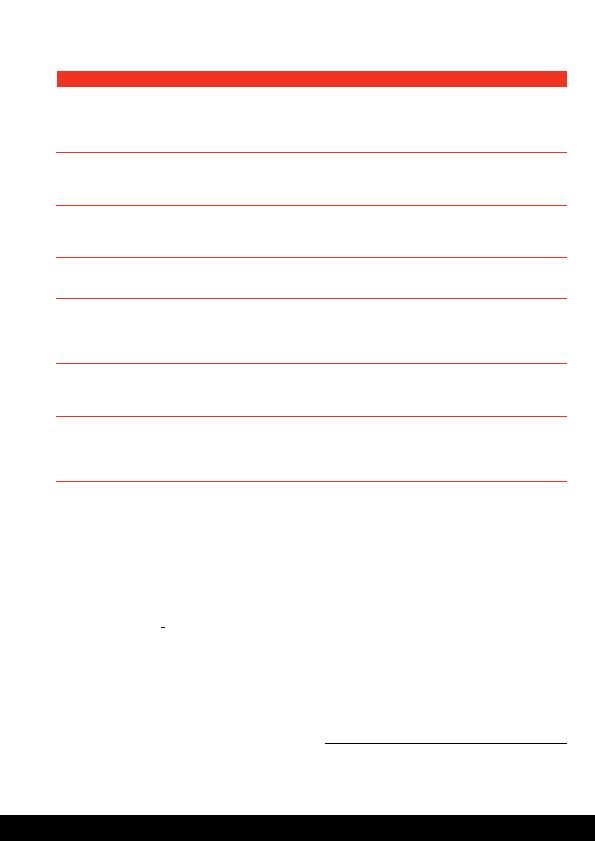
s 12 freedom of movement
s 13 right to privacy and reputation
s 21 right to liberty and security of person
s 25 rights in criminal proceedings
brought before a court
s 12 freedom of movement
s 21 right to liberty and security of person, right to be
promptly brought before a court without unreasonable delay
s 21 right to liberty and security of person a person
may only be deprived of his or her liberty in accordance
with the law
s 24 right to a fair hearing
s 25 rights in criminal proceedings
s 9 right to life
s 10 - protection from degrading treatment
s 21 right to liberty and security of person
s 22 humane treatment when deprived of liberty
practise culture while in custody
s 12 freedom of movement
s 13 right to privacy and reputation
s 13 right to privacy and reputation, including the right
not to have family unlawfully or arbitrarily interfered with
s 17 protection of families and children, including the
best interests of the child
the extent that the limitation is reasonable and
demonstrably justified in a free, democratic society
based on human dignity, equality and freedom.
When looking at what is reasonable, the Charter
says that public authorities have to take into
account the nature of the right, the purpose of
the interference, and whether there is another way
of doing things that is less restrictive on people's
human rights (section7(2)).
rights (for example restrictions on freedom of
movement) it does not void the rights of Koori
women. Other rights can only be restricted to the
extent necessary, for example, there will be flow-on
limitations on the right to privacy in a prison setting.
However, the usual Charter tests for determining
what is a reasonable limitation on rights still applies.
founded on principles that human rights belong to
rights "have a special importance for the Aboriginal
people of Victoria, as descendants of Australia's
first people".
of incarceration, we must consider not only the
consequences for individual Koori women, but also
for their family and kin, and communities.
prosecuted, makes a bail application, is
transported, is placed on remand or serves a term
of imprisonment, human rights protected by the
Charter are engaged, along with rights protected
by international human rights laws.
Cultural practices are included in the concept of
privacy and personal autonomy.
(Vic), preamble.